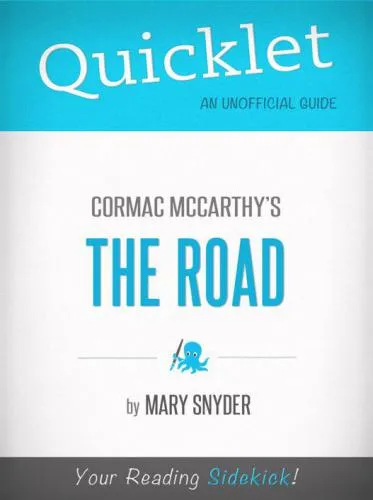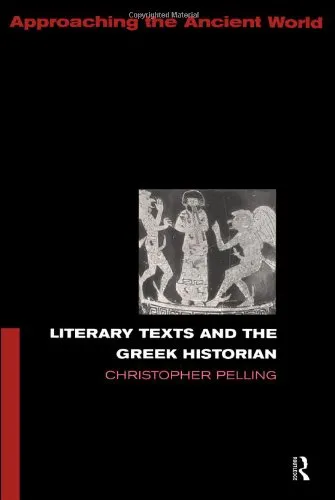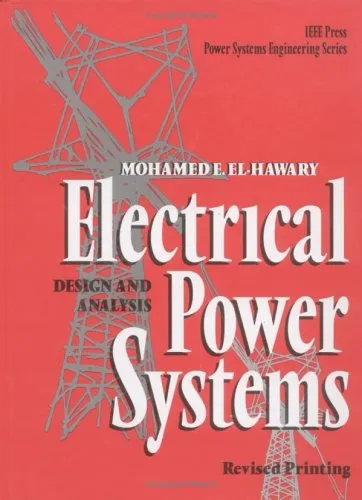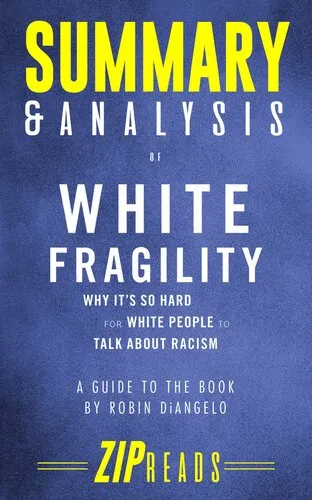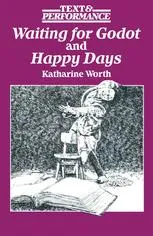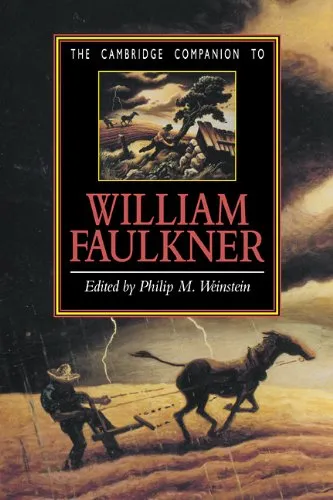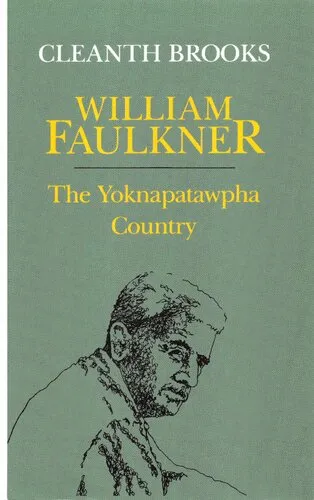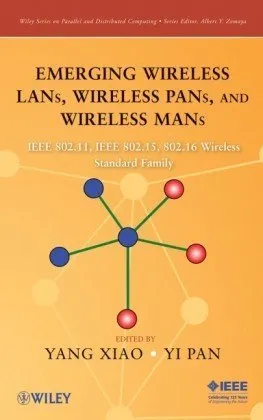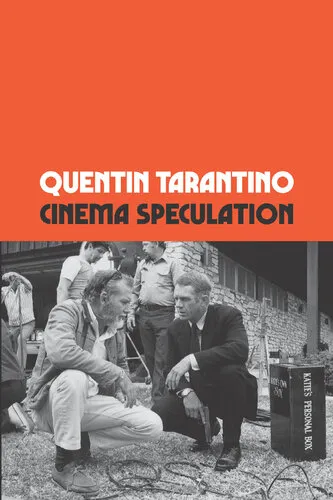Vladimir Nabokov's Lolita : A Casebook
5.0
Reviews from our users

You Can Ask your questions from this book's AI after Login
Each download or ask from book AI costs 2 points. To earn more free points, please visit the Points Guide Page and complete some valuable actions.Related Refrences:
Analytical Summary
Vladimir Nabokov's Lolita : A Casebook stands as a significant scholarly compilation designed for academics, literary critics, and serious readers seeking an authoritative understanding of Nabokov’s controversial masterpiece. Bringing together essays, interpretive frameworks, and academic discourse, the book provides a multi-faceted examination of Lolita — a work both revered and debated for its intricate prose and unsettling subject matter.
In this casebook, editors and contributors delve into structural elements, thematic depth, and the complex moral questions that Nabokov’s novel raises. The text offers perspectives ranging from narratological analysis and linguistic studies to examinations of psychological and sociocultural contexts. Each essay aims to enrich the reader’s comprehension of the novel’s artistry and the precision of Nabokov’s language while also addressing its capacity to provoke thought and discomfort.
Information about the exact publication year of the casebook is unavailable due to no reliable public source confirming it. However, this scholarly resource remains an indispensable part of Nabokov scholarship, frequently cited in literary courses and research papers. Its breadth of critical viewpoints makes it an enduring reference point for debates on authorial intent, ethical reception, and the role of literature in confronting taboo topics.
Key Takeaways
This comprehensive exploration yields clear academic and interpretive benefits for those engaging deeply with Nabokov’s work.
Firstly, it unpacks the novel’s layered narrative and unreliable narrator techniques, enabling readers to discern the interplay between authorial design and reader perception. Secondly, it situates Lolita within broader literary traditions and critical theories, from modernist stylistics to post-structuralist critiques. Thirdly, the casebook illuminates Nabokov’s use of prose as a deliberate artistic instrument, emphasizing how syntax, rhythm, and metaphor shape the reader’s emotional experience.
Furthermore, the text addresses the cultural and ethical controversies surrounding Lolita, contextualizing reactions across decades and geographical divides. In doing so, it fosters an informed, balanced discussion that encourages critical engagement rather than reductive moral judgment. This makes it a valuable tool for both classroom debates and independent scholarly inquiry.
Memorable Quotes
While the casebook itself is a collection of critical essays rather than a narrative, certain passages and analytical insights resonate strongly with readers.
"The seduction lies not in the subject matter, but in the seductively labyrinthine architecture of Nabokov’s prose." Unknown
"Reading Lolita is to confront art's power to disturb, delight, and demand reflection in equal measure." Unknown
"This casebook reminds us that critical engagement with discomfort is a scholarly imperative." Unknown
Why This Book Matters
Vladimir Nabokov’s Lolita : A Casebook is more than a compilation — it is a gateway into the intellectual heart of one of the 20th century’s most provocative novels.
For students of literature, it demonstrates how close reading can unlock complex artistic and thematic dimensions. For educators, it serves as a wellspring of discussion points capable of engaging diverse classroom demographics. For professional critics, it offers a consolidated view of critical interpretations, enabling deeper comparative studies.
Its importance lies in providing credible, peer-reviewed perspectives that navigate between admiration for Nabokov’s craft and scrutiny of the novel’s troubling central relationship. This fosters a nuanced discourse essential for sustaining meaningful literary criticism in an era of instantaneous, and often superficial, public commentary.
Inspiring Conclusion
Engaging deeply with Vladimir Nabokov’s Lolita : A Casebook opens a pathway to informed understanding, scholarly growth, and enriched appreciation of literary artistry.
By situating the novel within the landscape of critical theory and historical reception, this casebook equips readers to confront, dissect, and discuss the interplay of beauty and controversy within Nabokov’s magnum opus. Whether you are a scholar seeking comprehensiveness or a reader pursuing depth, this volume stands ready to broaden your interpretive horizons.
Make the deliberate choice to read, share, and engage in thoughtful dialogue about the analyses contained within. In doing so, you continue the critical conversation that Lolita instigated decades ago, ensuring that literature remains both a challenging and rewarding endeavor.
Free Direct Download
You Can Download this book after Login
Accessing books through legal platforms and public libraries not only supports the rights of authors and publishers but also contributes to the sustainability of reading culture. Before downloading, please take a moment to consider these options.
Find this book on other platforms:
WorldCat helps you find books in libraries worldwide.
See ratings, reviews, and discussions on Goodreads.
Find and buy rare or used books on AbeBooks.
1283
بازدید5.0
امتیاز0
نظر98%
رضایتReviews:
5.0
Based on 0 users review
Questions & Answers
Ask questions about this book or help others by answering
No questions yet. Be the first to ask!




